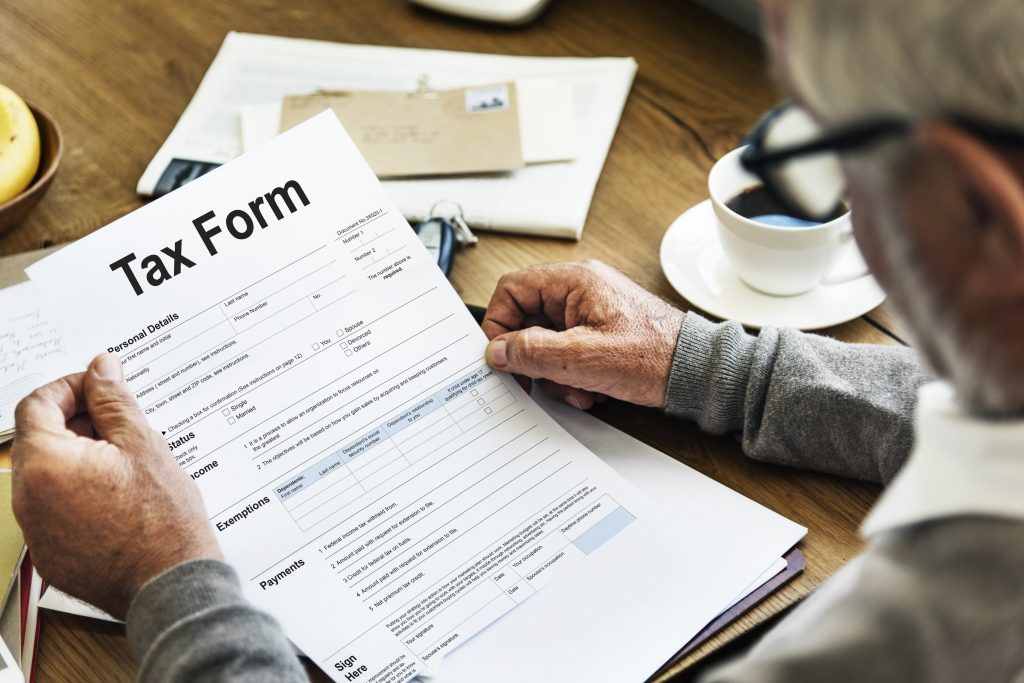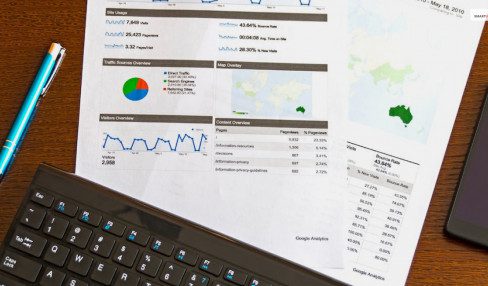Maximizing Deductions: CPA Tax Specialist Strategies for Individuals and Businesses
5 Mins Read
3 comments
Published on: 18 July 2024
Last Updated on: 07 September 2024

toc impalement
A certified public accountant (CPA) plays a critical role in reducing the tax payable to the government. CPA tax planning involves maximizing the deductions according to the Internal Revenue Service or IRS guidelines to lower your tax burden.
Tax planning is different for individuals and organizations. For an individual, the common deductibles are charitable contributions, loans, tax-efficient investments, state and local taxes (SALT), high medical expenses, etc.
However, for a business, operational costs, employee wages and asset depreciation are the major means of deduction.
A CPA will help you strategize the time of income and deduction and ensure detailed bookkeeping to optimize the deductions. Do you want to know about the best planning methods? Keep reading this guide.
What Are The Best CPA Tax Planning Methods To Maximize Deductions?

Keeping a detailed record of business expenses, careful property acquisition strategy-making, and considering retirement considerations are crucial factors in CPA tax planning.
However, tax deduction planning also involves making “tax-efficient” strategies for investments and capitalizing on tax credits and incentives.
Here is a detailed overview of CPA tax planning to optimize your deductions.
Strategy 1: Early Tax Planning
By starting well before the end of the fiscal year, individuals and businesses can strategically time income and expenses to maximize deductions.
For example, businesses might accelerate expenses into the current year or defer income to the next year, depending on their tax situation. Individuals can plan major purchases or charitable contributions to optimize their deductions.
Strategy 2: Leveraging Retirement Accounts
Contributions to retirement accounts such as 401(k)s or IRAs help individuals save for the future and enjoy immediate tax benefits.
Advise RE tax specialists advise clients on maximizing contributions to these accounts for a steady financial present and future.
Strategy 3: Small Business Expensing
CPA tax planning for businesses involves taking advantage of Section 179 expensing and bonus depreciation.
These provisions allow businesses to deduct the cost of qualifying property purchased or financed during the tax year.
By carefully planning asset acquisitions, businesses can significantly reduce taxable income in the year of purchase, improving cash flow and profitability.
Strategy 4: Documenting Business Expenses
CPAs guide businesses in maintaining meticulous records of all expenses, ensuring that every deductible cost is accounted for. These records include the following major elements.
- Receipts
- Invoices
- Detailed logs of business-related mileage and travel expenses
Thorough documentation bolsters deduction claims and mitigates the risk of IRS audits.
Strategy 5: Maximizing Deductions for Contractors
CPAs help individuals navigate deductions for home offices, business-related travel, professional development, and even health insurance premiums.
Strategy 6: Strategic Charitable Giving
CPAs advise clients to make charitable contributions to maximize deductions. An individual or an organization can make donations in the following ways.
- Direct cash donations
- Appreciated Securities
- Donations of goods and services
Recently, there has also been a temporary relief on charitable contributions you make toward food inventories. The Internal Revenue Service guideline says,
“The amount of charitable contributions of food inventory a business taxpayer can deduct under this rule is limited to a percentage (usually 15 percent) of the taxpayer’s aggregate net income or taxable income. For contributions of food inventory in 2020, business taxpayers may deduct qualified contributions of up to 25 percent of their aggregate net income from all trades or businesses from which the contributions were made or up to 25 percent of their taxable income.”
Irrespective of the mode of charitable contribution you choose, you must adhere to the Internal Revenue Service or IRS guidelines to make the amount eligible for deductions.
Strategy 7: Tax-Efficient Investment Strategies
Tax-efficient investment strategies involve putting money in accounts and investments that yield tax benefits. CPA tax planning leverages retirement accounts for the same reason. However, there are other modes of tax-efficient investment that a CPA considers.
- Treasury securities
- Municipal bonds and “bonds funds”
- Stocks or mutual funds with qualified dividends (Taxed as capital gains)
- I bonds of the USA government
- Exchange-traded funds (ETFs)
- Index funds
- Funds that cost minimal taxes (Tax-loss harvesting)
Along with making these investments, you can also put your money in tax-efficient accounts like health savings accounts, 529 plan accounts, and Roth IRA and 401(k) accounts. In addition, you can consider putting your money in IRA 403(b) accounts.
Strategy 8: Capitalizing On Tax Credits And Incentives
Capitalizing tax credits and incentives boost activities or investments that help minimize tax liabilities. A CPA assesses the available tax credit and incentive options for a business or an individual to maximize deductions.
The latest chapter to be added to the provision is the “Inflation Reduction Act Tax Credit Opportunities for Hydropower and Marine Energy.”
Strategy 9: Being Familiar With And Addressing The Legislative Updates
Legislative updates and changes in tax regulations are common. Further, there are some state-specific provisions in calculating taxes.
CPA tax planning adheres to these changes, and it is crucial to ensure that each tax filing is compliant with IRS regulations.
Final Words
Maximizing deductions requires proactive CPA tax planning and expert guidance. You can make charitable contributions or tax-efficient investments to reduce your tax liability.
Further, in order to optimize your deductions, strategic planning and detailed bookkeeping become crucial. These are all areas where a CPA can help with their expertise, knowledge, and experience.
How important do you think the role of a CPA is in maximizing the deductions and reducing taxes? Don’t forget to share your ideas with us!
CPA Tax Planning FAQs
Tax liability can be reduced in tax planning as it gives a clear picture of the right time for recording income and expenditure. Further, with prior tax planning, you can focus on detailed bookkeeping and record maintenance.
Increasing your retirement contributions or putting more money into your individual retirement account is the best to reduce tax liability. Making charitable contributions is another way of reducing your tax liability.
Investing in an individual retirement account or IRA is one of the best schemes to reduce tax liability in the USA. You can also make investments in specially designed funds to minimize tax or 529 plan accounts as tax-efficient practices.
Read More…


















3 comments
Yasmin Schumm July 18, 2024 at 8:07 pm
Hello my loved one I want to say that this post is amazing great written and include almost all significant infos I would like to look extra posts like this
ngentot anjing July 18, 2024 at 10:57 pm
This post is priceless. Where can I find out more?
Limoncello July 19, 2024 at 3:39 am
Fantastic post! I really enjoyed reading this, keep up the good work :)